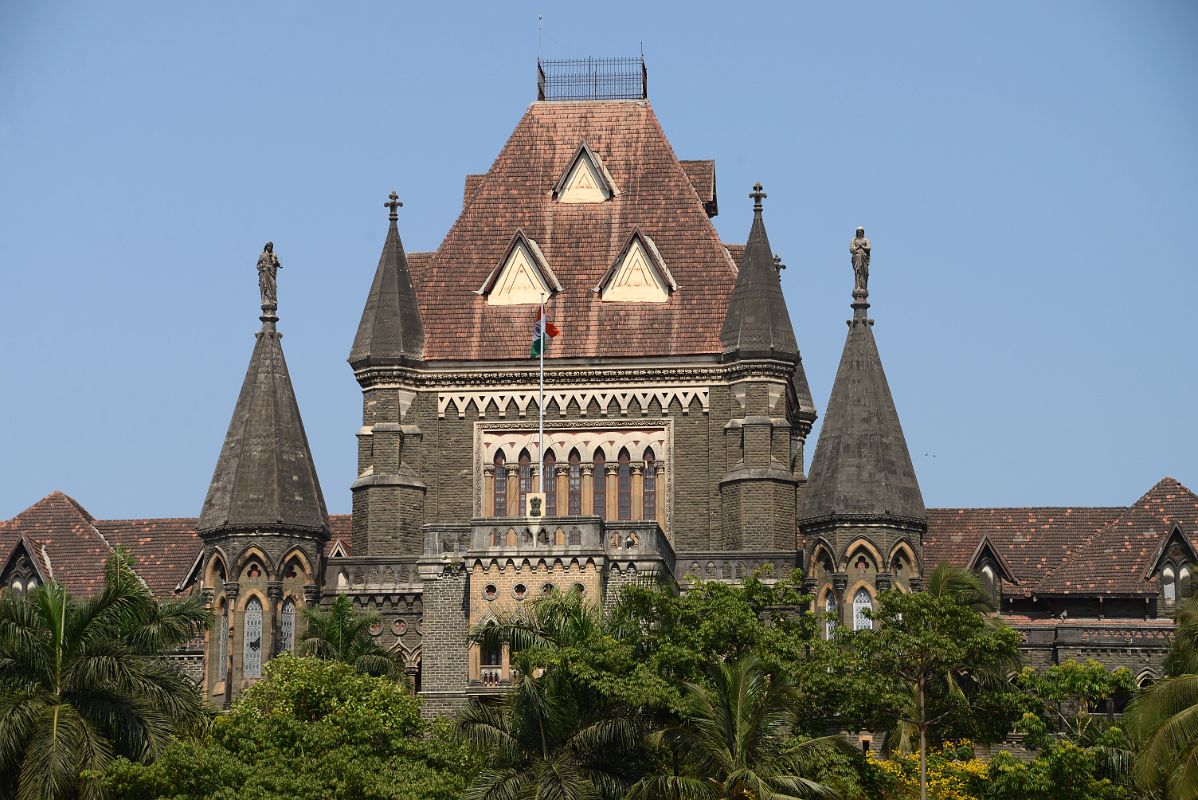Facts of the Case
NDTV along with its Subsidiaries entered into an agreement dated 23.05.2008 with NBC Universal Inc and Universal Studios International BV, as a result of the same, INR 642.54 cr (9,15,498 Shares @ INR 7015.05 per share) was received by NNIH, for allotting shares to NBC Universal Inc and Universal Studios International BV.
It was observed that during immediately succeeding FY 2009-10, same shares were bought by NDTV BV for INR 58.08 cr (INR 634.17 per share). This transaction resulted in a claim of loss amounting of INR 584.45 cr for USBV and simultaneously resulted in an undisclosed income of INR 642.54 cr in the books of accounts of NDTV Group.
Question of law
Whether the Assessing Officer was justified in framing assessment u/s 144 read with section 144C (13) of the Income Tax Act, 1961 (‘the Act’)?
Whether the show cause notice served by the department as to “why the books of accounts should not be rejected” is correct in law?
To know the earlier decision on the case please read the following article.
Contentions
Contention of the assesse Vide para 8, Section 145(3) of the Act was that the said para talks about correctness and completeness of the accounts of the assessee and not of the subsidiary and therefore the section itself is not applicable. It was admitted that no independent valuation for determining value of shares of the subsidiaries was obtained and the subscription price was a negotiated price between the parties.
Contentions were not maintainable since provisions of Section 212(1) of the Companies Act, 1956 had not been complied. As per section 212 of the Companies Act, 1956 as well as IAS 7, 12, 18, 19, 27, 28, 33 and 107, the transactions of subsidiaries are to be consolidated and disclosed in the audited accounts of the assessee since it is the parent company of all the Netherland and UK based companies. Also, AS 24 – related party information disclosure also was not complied with. The Income Tax Act is a self-contained code and is not subordinated to the Companies Act, 1956, provisions of the Income Tax Act are required to be fulfilled independent of the requirements of the Companies Act. Therefore, provisions of Section 145(3) of the Act are applicable w.r.t AY 2009-10 and the Assessing Officer can pass the order invoking section 144 of the Act.
Conclusion
The order confirmed that the Assessing Officer assumed jurisdiction on two grounds – rejection of books of accounts 145(3) and non-compliance of terms and conditions of notice u/s 142(1).
Material information was not provided by the assessee pursuant to summons issued in December 2010 nor the notice issued in February 2013 was in accordance with section 144 of the Act. The Tribunal order stated that no fault was found in the order of the Assessing Officer or the Dispute Resolution Panel. Also, the action of the Assessing Officer in lifting of the corporate veil was upheld.
Therefore, INR 642.54 cr is held as income of assesse from undisclosed sources and the same is added to the income of the assesse.
A quantum of penalty has been proposed to be levied on the assessee on account of concealment and misrepresentation of facts and they need to show cause as to why the proposed penalty shall not be imposed.
Date of order: 14.07.2017 Passed by: Income Tax Appellate Tribunal




